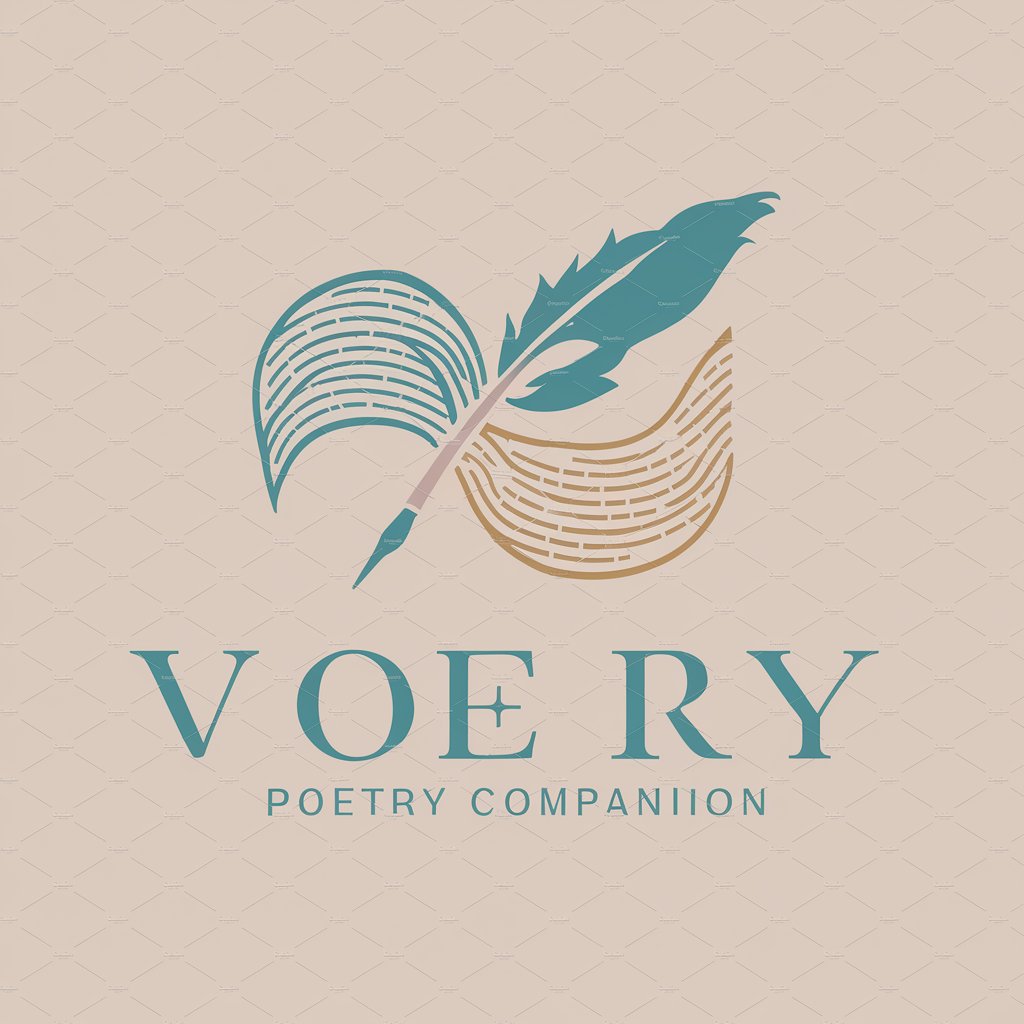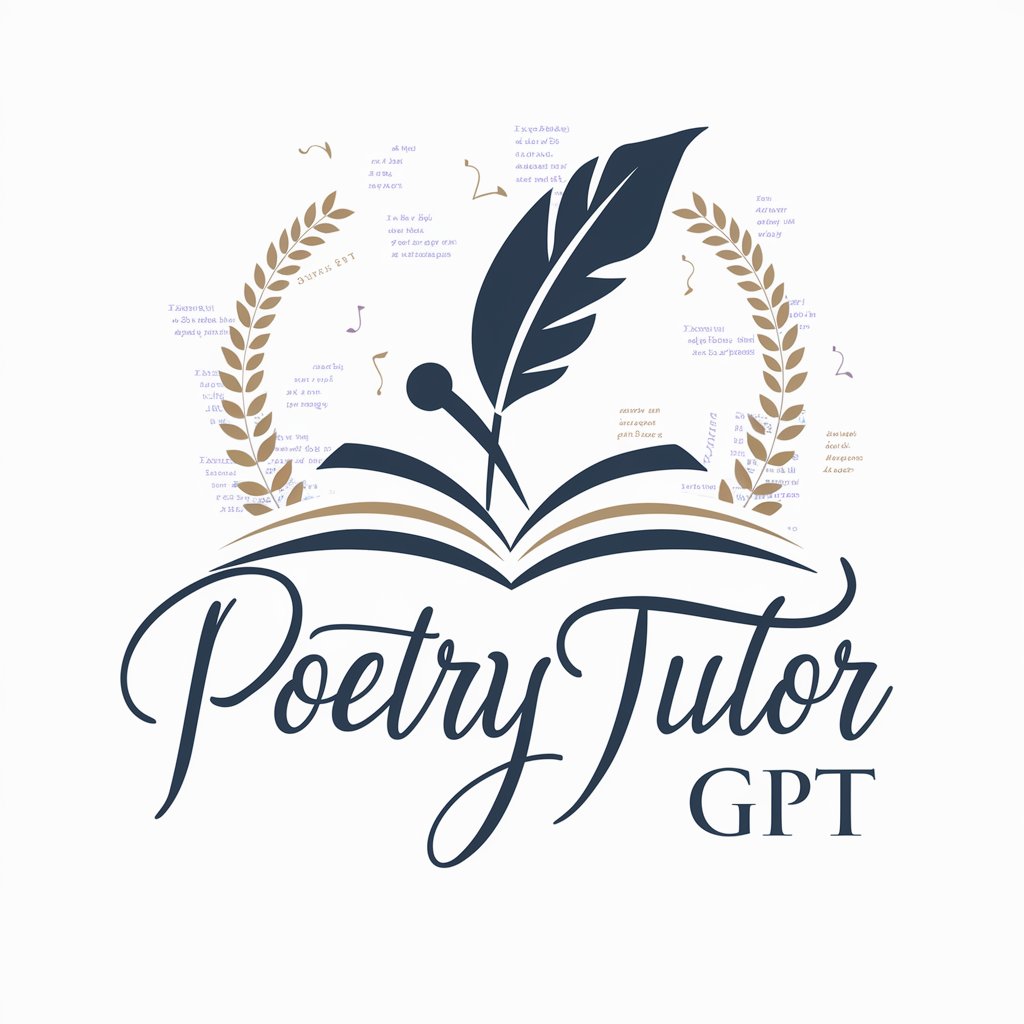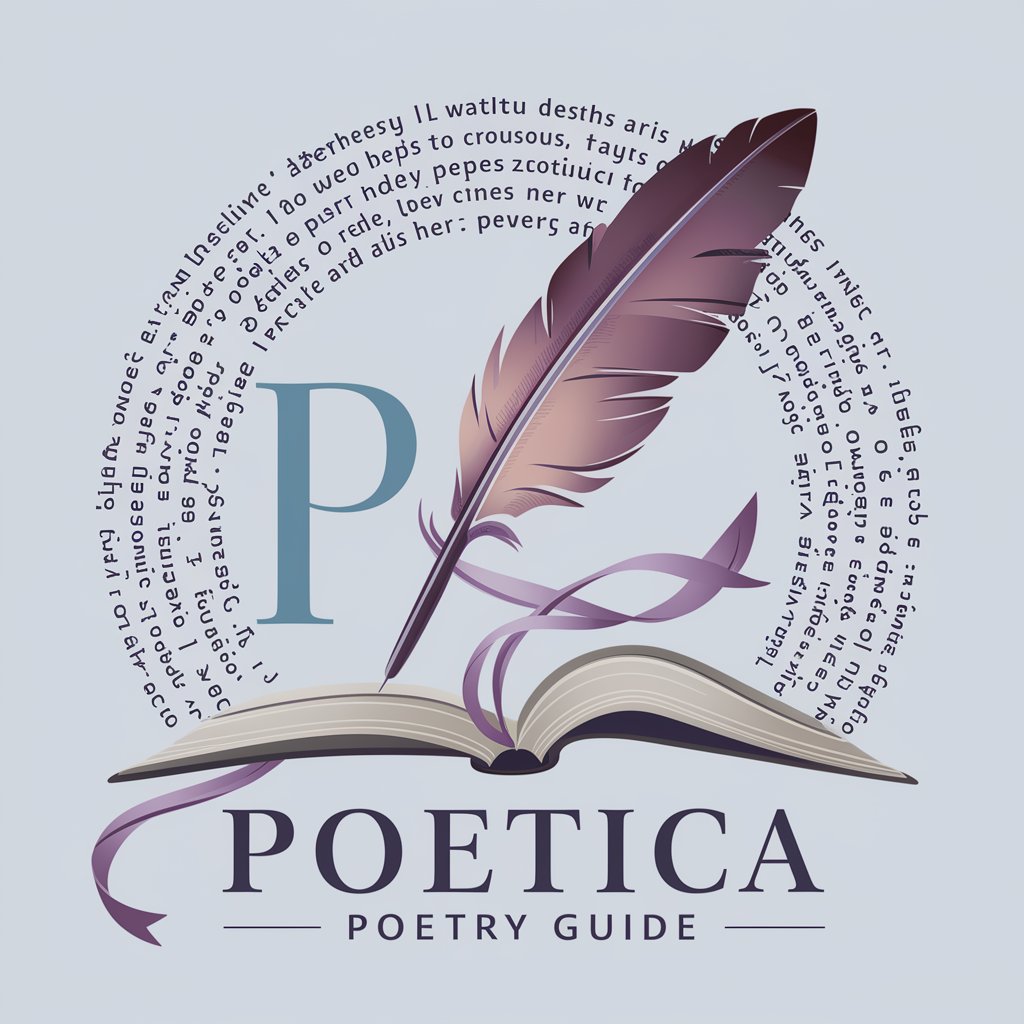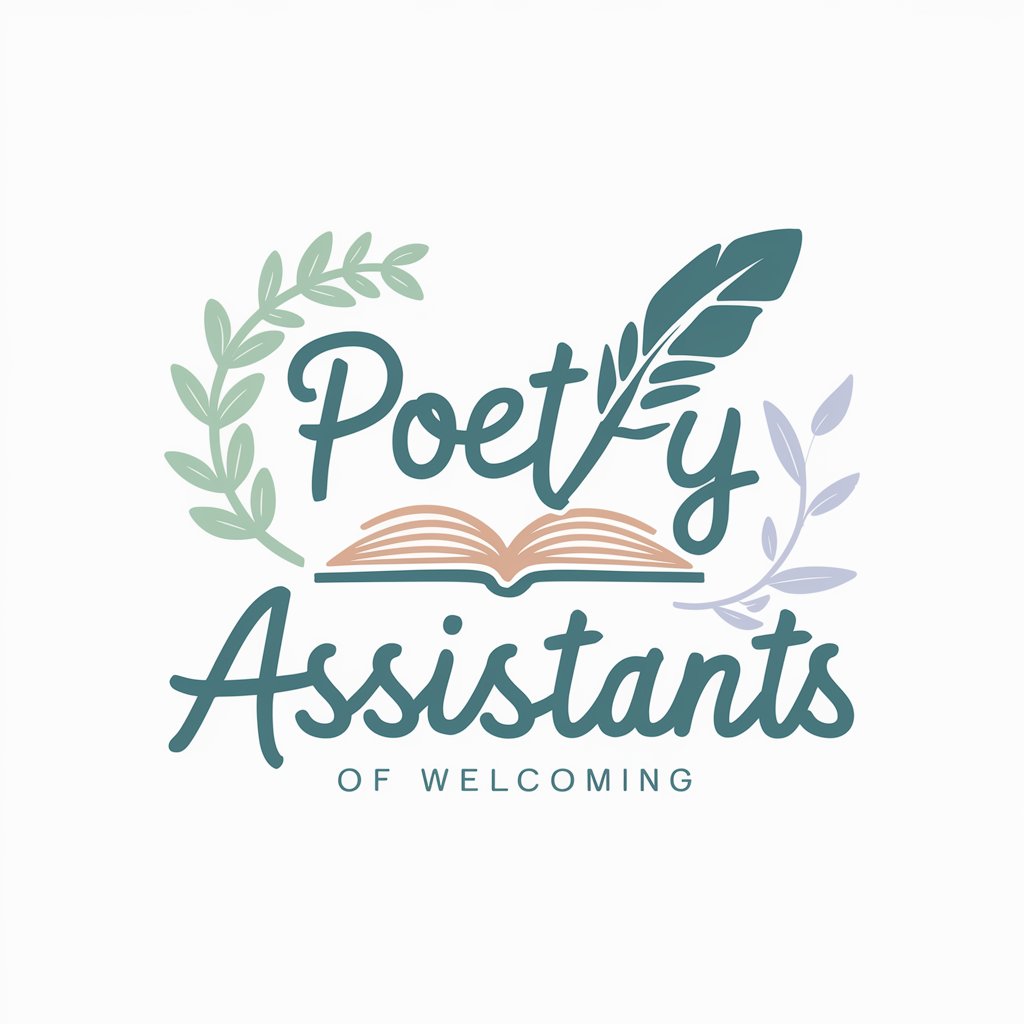
Poetry Forms Tutor - Poetry Form Learning
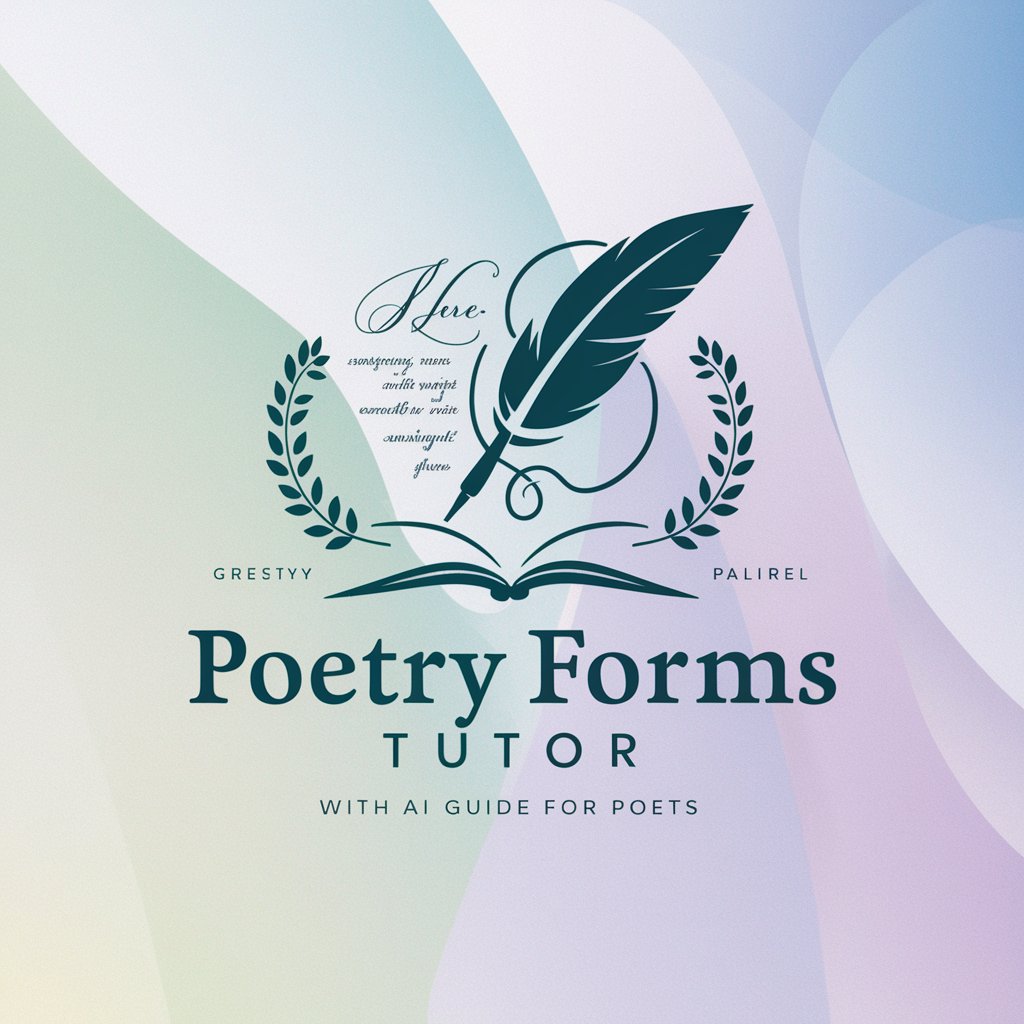
Welcome! Let's explore the art of poetry together.
Craft Poems with AI-Powered Guidance
Write a sonnet about the changing seasons, adhering to the traditional ABABCDCDEFEFGG rhyme scheme.
Compose a haiku capturing the essence of a rainy day, following the 5-7-5 syllable pattern.
Create a villanelle exploring the theme of memory, maintaining the ABA rhyme scheme and repeating lines.
Draft a limerick that tells a humorous story, using the classic AABBA rhyme scheme.
Get Embed Code
Introduction to Poetry Forms Tutor
Poetry Forms Tutor is a specialized AI designed to guide poets through the intricate landscape of poetry forms, offering structure guidelines, examples, and feedback. Its design purpose is to enhance users' poetic skills by providing a comprehensive understanding of various poetry forms, from traditional ones like sonnets and haikus to more contemporary forms like free verse and visual poetry. For instance, a user interested in learning how to write a sonnet might receive detailed instructions on the sonnet's structure, including its 14-line format, specific rhyme scheme (e.g., ABAB CDCD EFEF GG for a Shakespearean sonnet), and iambic pentameter rhythm. The user could then write a sonnet, receive feedback on adherence to form, and suggestions for improvement. This scenario illustrates the application's ability to educate and assist users in refining their poetry according to specific forms. Powered by ChatGPT-4o。

Main Functions of Poetry Forms Tutor
Structure Guidelines
Example
Guidance on writing a Villanelle, which requires a 19-line structure with five tercets followed by a quatrain and two repeating rhymes.
Scenario
A user new to Villanelles receives step-by-step instructions on setting up the poem's structure, ensuring they correctly apply the repetitive rhyme scheme and refrain.
Examples and Analysis
Example
Analyzing the use of imagery in a Haiku to convey emotions within its 5-7-5 syllable structure.
Scenario
A poet struggling with brevity learns through examples how to convey vast emotions or scenes in just three lines, enhancing their skill in creating impactful Haikus.
Feedback on Poetry
Example
Providing constructive feedback on a user-submitted sonnet, focusing on its adherence to rhyme scheme, meter, and thematic development.
Scenario
After submitting a draft sonnet, the user receives detailed feedback highlighting areas of improvement, such as maintaining consistent iambic pentameter and refining the volta, or thematic shift.
Ideal Users of Poetry Forms Tutor
Aspiring Poets
Individuals new to poetry writing who seek a foundational understanding of various forms. They benefit from structured guidelines and examples that accelerate their learning process and enhance their creative expression.
Experienced Poets
Seasoned poets looking to experiment with new forms or refine their skills in specific areas. They utilize the service for advanced techniques, feedback on complex structures, and a deeper analysis of poetic elements.
Educators and Students
Teachers and students in academic settings benefit from the structured learning path, examples, and feedback for classroom instruction or personal study, making poetry forms accessible and engaging.
Poetry Enthusiasts
Individuals with a passion for poetry who may not write themselves but are interested in understanding the mechanics and beauty of various poetry forms. They use the service to explore and appreciate the art form deeply.

How to Use Poetry Forms Tutor
Start Your Journey
Begin by visiting a platform offering a trial with no login or need for premium subscriptions, ensuring easy and free access.
Select a Poetry Form
Choose from a list of poetry forms to learn about its structure, rules, and historical context. This step is crucial for understanding the foundation of each form.
Compose Your Poem
Utilize the guidelines provided to craft your poem. Pay attention to syllable count, rhyme schemes, and thematic elements specific to the poetry form you've chosen.
Submit for Feedback
Once your poem is composed, submit it to receive personalized feedback. This may include suggestions on meter, imagery, and adherence to the chosen form.
Revise and Experiment
Use the feedback to revise your poem. Experiment with different forms to expand your skills and understanding of poetic structures.
Try other advanced and practical GPTs
絵しりとりで答え合わせ
Turn words into playful art with AI

Marketing Campaign Creator
Elevate Your Marketing with AI

Sustainable Business & Finance: Consolidation
AI-powered Sustainable Business Analysis

Golf Field Finder
Tee off smarter with AI-powered golf insights

Decision Helper
Empowering Decisions with AI Insights

Publicista Creativo
Crafting the Future of Advertising with AI

Cashvertising Applied
Optimize Ads with AI-Powered Insights

占いGPTの部屋
Discover Your Path with AI-Powered Divination
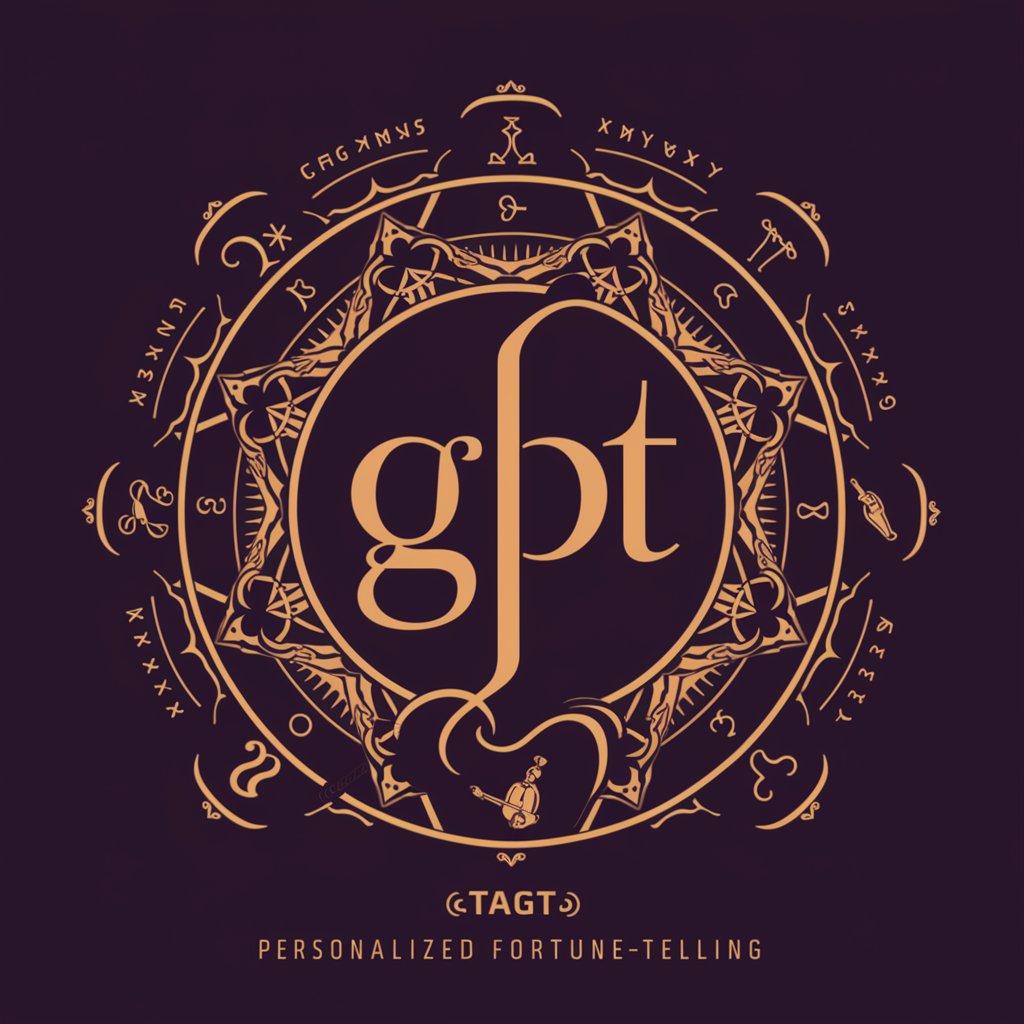
Blessed meaning?
Empowering Creativity with AI Insight
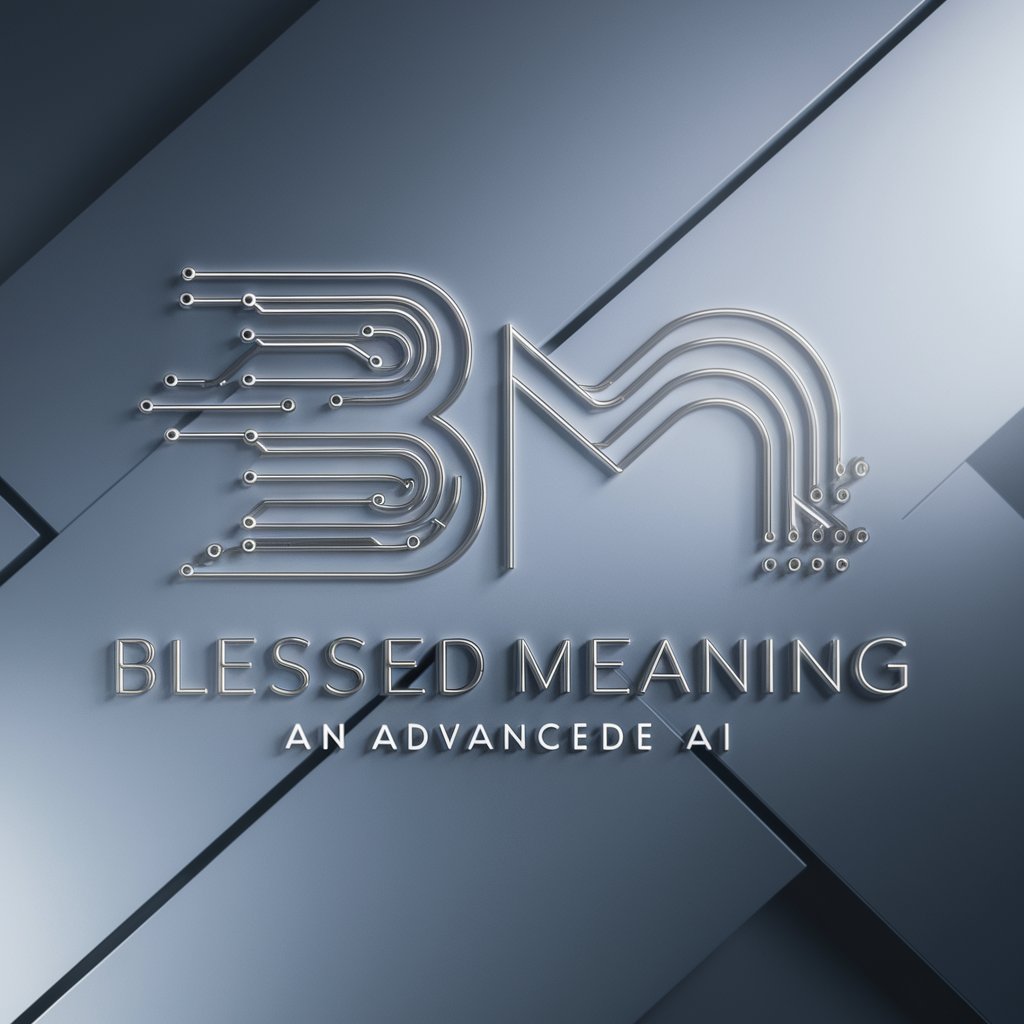
The Fullest meaning?
Unlocking deeper understanding with AI

Advaita Sage
Explore Spiritual Wisdom with AI

Jujitsu Trainer
Master Jujitsu with AI-Powered Insights

Frequently Asked Questions about Poetry Forms Tutor
What poetry forms can I learn about?
Poetry Forms Tutor covers a wide range of poetry forms, from traditional forms like Sonnets and Haikus to more contemporary forms such as Free Verse and Visual Poetry.
How does the feedback mechanism work?
Feedback is generated based on AI analysis of your poem's structure, rhyme scheme, and adherence to the chosen form. It offers constructive criticism and suggestions for improvement.
Can I use Poetry Forms Tutor to prepare for poetry competitions?
Absolutely! Poetry Forms Tutor is an excellent resource for honing your skills and preparing submissions for poetry competitions, focusing on form-specific nuances.
Is there a community or forum for poets using this tool?
While direct interaction with a community isn't provided, users are encouraged to share insights and their poems on external platforms to foster a sense of community.
Does Poetry Forms Tutor help with publishing?
While it doesn't offer direct publishing services, it prepares poets by refining their work to a publishable standard, making it more appealing to literary journals and publishers.
